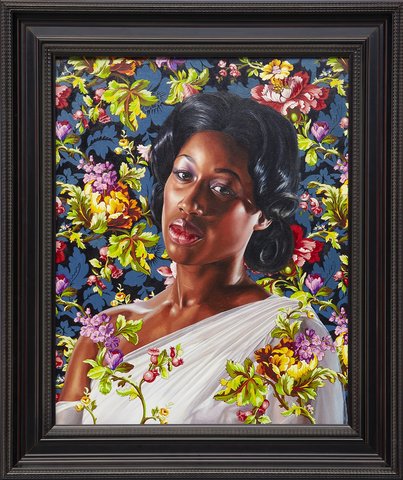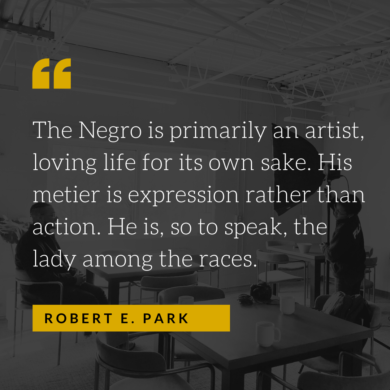If you think about modern fine art – that is also attractive and representational – the name Kehinde Wiley will surface, if not immediately. Art in its purest state (especially those of the visual genre) is about the expression of ideas and more often than not, challenges some, or many, belief systems. The works of Wiley does exactly that, by reimagining classical portraiture with implementations of Black, diasporic culture. The Los Angeles native and New York-based artist has captivated the art scene, catapulting him to the top of the art food chain. Portraitists like Thomas Gainsborough and Sir Joshua Reynolds – both of whom Wiley is compared – depict images of 18th-century European men and women in “heroic” poses, where the subjects were often of elite status or background. A look through Wiley’s exhibitions will show urban black men and women positioned similarly to those portraits, evoking thoughts about race, status, and politics in the modern-day. The concepts addressed in Kehinde Wiley’s pieces are particularly relevant today with the surge of the counterculture at the forefront of our society.
We see beauty standards debunked, and traditionalism deflating. In a way, we could say Wiley spearheaded this shift since his work, as early as 2005, has been a rebuttal to stereotypical views of black men and most recently, the artist began to include black women as his muse. Wiley’s influence has propelled to multinational, where his collections can be viewed in France, London and across the states. His impact garners top-level collaborations with brands like Puma and fashion houses like Givenchy, who designed custom pieces for the “An Economy of Grace” exhibition. Wiley is, without question, the new face of Black fine art; the creator of modern classics. Get to know more about the artist, what he’s doing and view his work in-depth online here.

